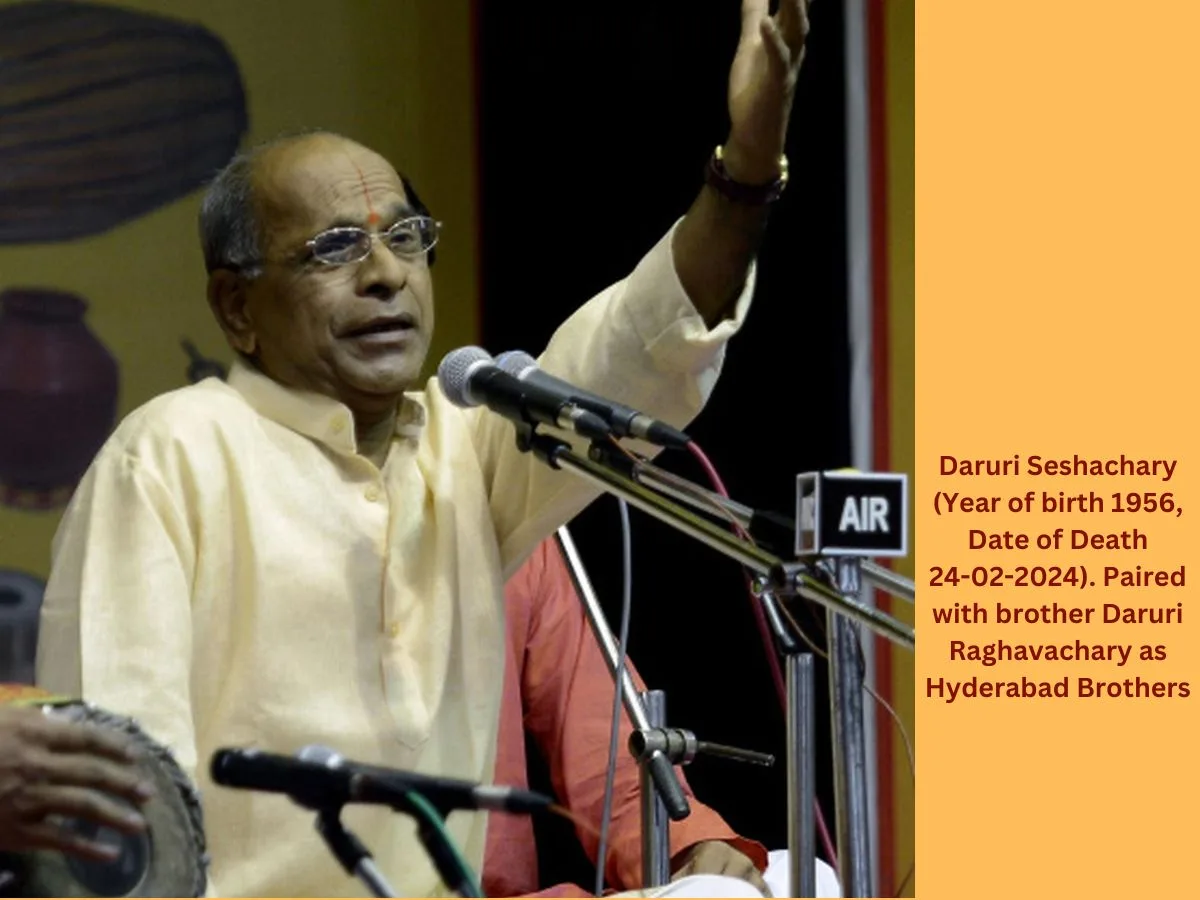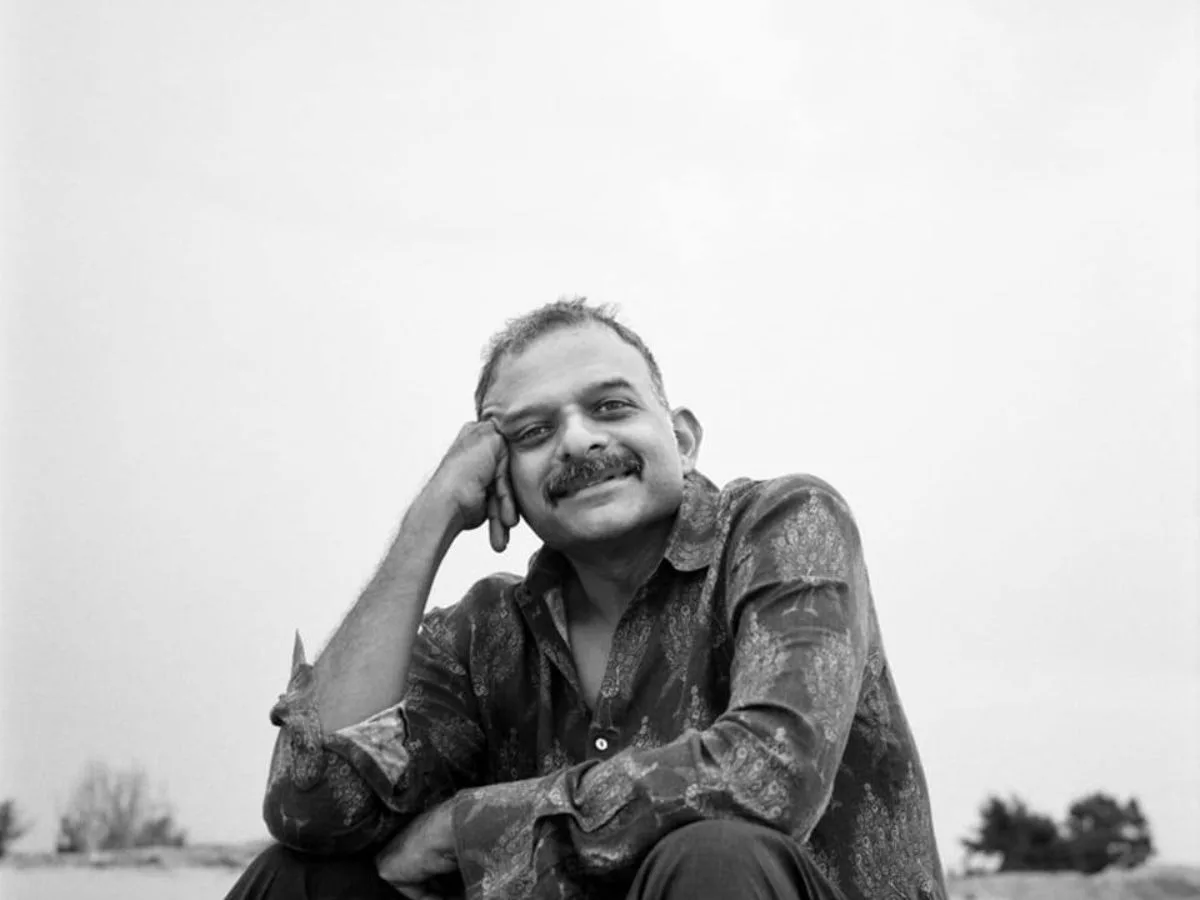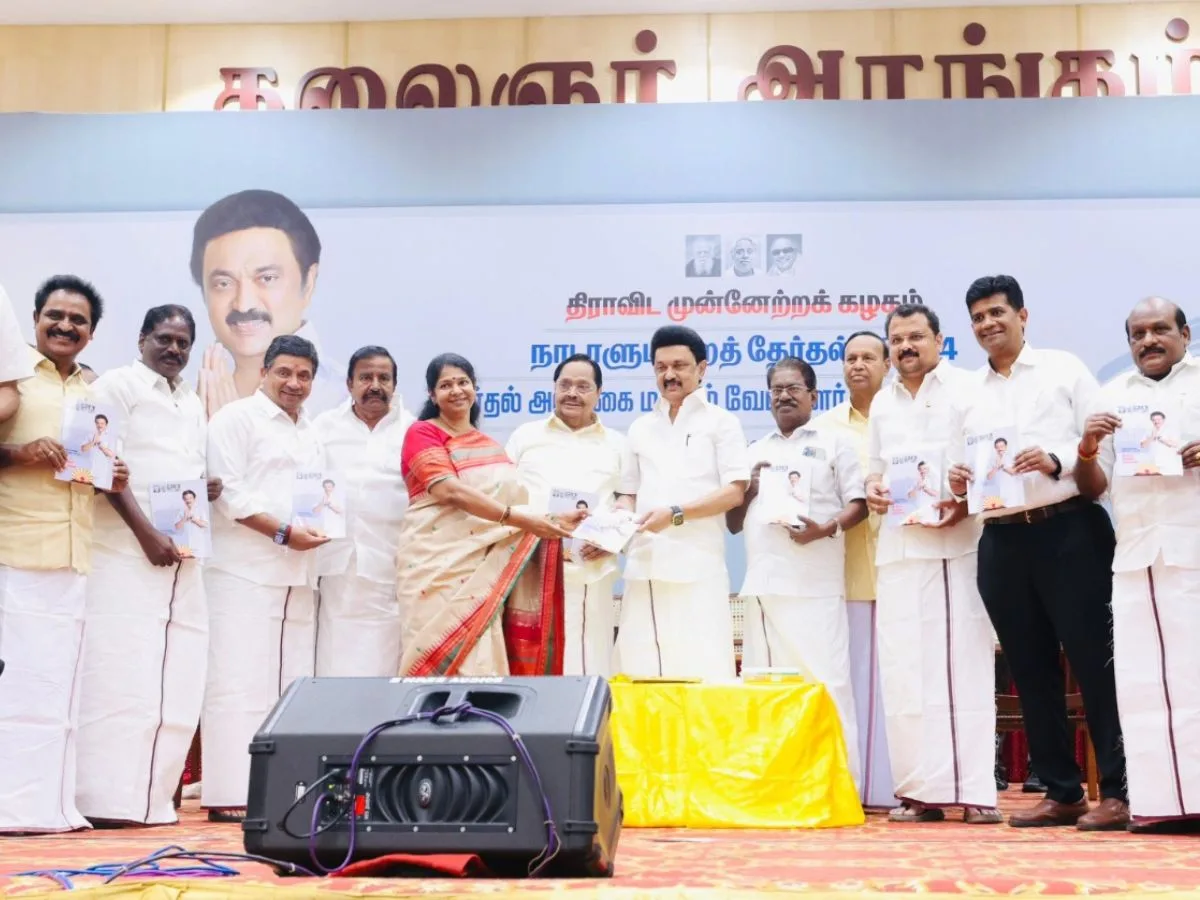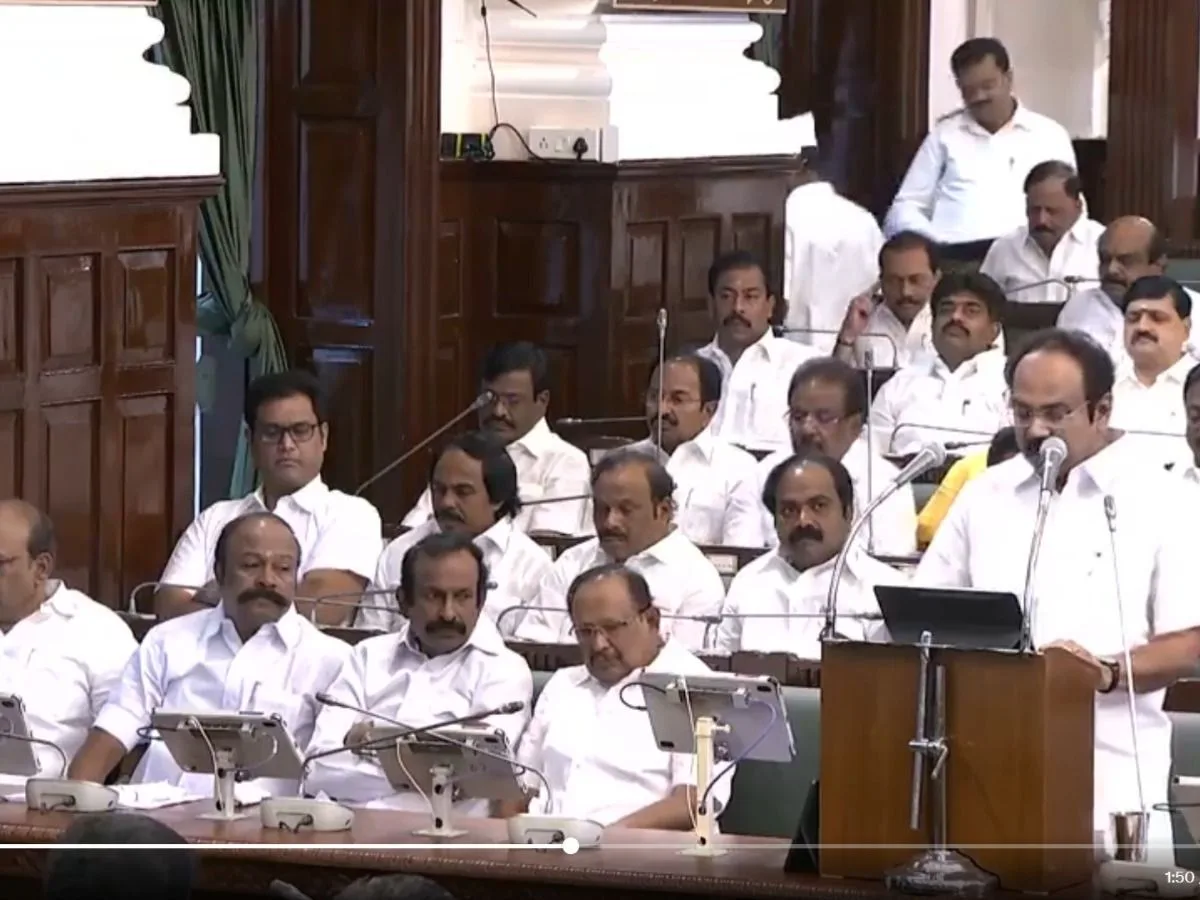Read in : தமிழ்
Sobha Madhan (37) is the first woman post-graduate from the Betta Kurumbar tribe, hailing from the hilly hamlet of Thenampadi in Pandalur taluk in the Nilgiris district. Armed with the PG degree in social work, she has advocated the rights of the marginalized. Through the Nilgiris Particularly Vulnerable Tribal Groups’ Federation, she has been striving hard to give voice to the voiceless tribal people.
Narrating her journey in education, Sobha said, “My father Madhan studied only upto Class 4. He is a farm worker. My mother Bommi had no schooling at all. My father wanted to get us educated by all means and used to buy us story books. I studied upto Class 10 in the Government Higher Secondary School at Ambalamoola and scored 342 out of 500 marks in the public examination. Then I joined St. Thomas Higher Secondary School and took Physics, Chemistry, Zoology and Botany in the higher secondary course. My father took many loans to fund my college education. Friends and family chipped in. I joined the Emerald Heights College for Women in Ooty in 2005 and got B.Sc in Animal Science and Biotechnology. Then, I did PG in Social Work in the Madras Christian College and got my PG degree in 2008.”
Sobha’s PG degree in social work kindled her interest and involvement in social service. She set out to work with various service organizations. In 2009, she worked as a planning officer under the mental health scheme on behalf of the Centre for International Social Work functioning under the aegis of the Social Work Department in the Christian College. In 2010 she worked as a volunteer at a service organization in Vellore, creating HIV awareness among school students. In 2013, she did research on the human-wildlife conflict in the Wayanad Wildlife Sanctuary on behalf of the Worldlife Fund for Nature-India (WWF-India). Back in 2012, she conducted a management survey on human-elephant conflict in the areas falling under the Gudalur forest division in the Nilgiris district.
Sobha has participated in various seminars and workshops abroad. In the two-month political training for political educators held in Brazil in 2015, which she participated in, a good understanding of the tribal people’s rights emerged, she said.
Her research delved deep into the state of young women working under the Sumangli Scheme in various textile factories in Tirupur when she was planning manager from 2013 to 2014 in READ (Rights, Education and Development) organization. She also conducted a fundamental research on the mental health of fisher folks in Kalpakkam, Sadhurangapattinam and Chennai.
Sobha has participated in various seminars and workshops abroad. In the two-month political training for political educators held in Brazil in 2015, which she participated in, a good understanding of the tribal people’s rights emerged, she said.
Also Read:
Irular woman overcomes odds, does PhD in medicinal plants
Child labourer, Tamil medium student is now star chef at Maldives
She participated in the young farmer leaders’ camp held in Thailand in 2016 and also in the youth camp organized in Turkey in the same year.

Sobha’s PG degree in social work kindled her interest and involvement in social service.
Sobha has been working as district coordinator in the the Nilgiris Particularly Vulnerable Tribal Groups’ Federation since 2016 and also as a member of the Nilgiris district Tribal Development Council since 2018.
“The Betta Kurumbar is the most ancient of tribes in the Nilgiris district. Eight thousand people of the tribe are living in Gudalur area. Similarly, people of the other hill tribes are also living elsewhere in the district. Education had quite unknown and unfamiliar to the people of all Scheduled Tribes in the district. It is only of late that a few tribal people are having access to college education. But even the educated tribals are forced to work in estates and mills as they are unable to land government jobs. We have been taking various initiatives to ensure that even as the tribal students are pursuing education, their hereditary language does not become extinct.
Sobha has done research on the human-wildlife conflict in the Wayanad Wildlife Sanctuary and a management survey on the human-elephant conflict in the areas falling under the Gudalur forest division in the Nilgiris district.
The tribal people, who are, in fact, the aborigines protecting the forest wealth, are lagging behind in terms of economics and education. We have been fighting seamlessly for their rights. We have been leaving no stone unturned to improve the tribals’ education and keep their native language from extinction. Their livelihood depends on forests. Hence, the government schemes should favorably be inclined towards their welfare. They are not demanding sops from the government, only their rights,” said Sobha, who has brought her knowledge, gained from the PG degree course, to bear on her activism.”
“On behalf of the Nilgiris Particularly Vulnerable Tribal Groups’ Federation, we have brought out a book ‘Engal Vanaththin Kanavu’ (Our Forest’s dream) in Tamil, English and other languages,” she said. “The book, while narrating the tribal people’s history, proclaims their rights also, ” intoned this voice of the voiceless.
Read in : தமிழ்











